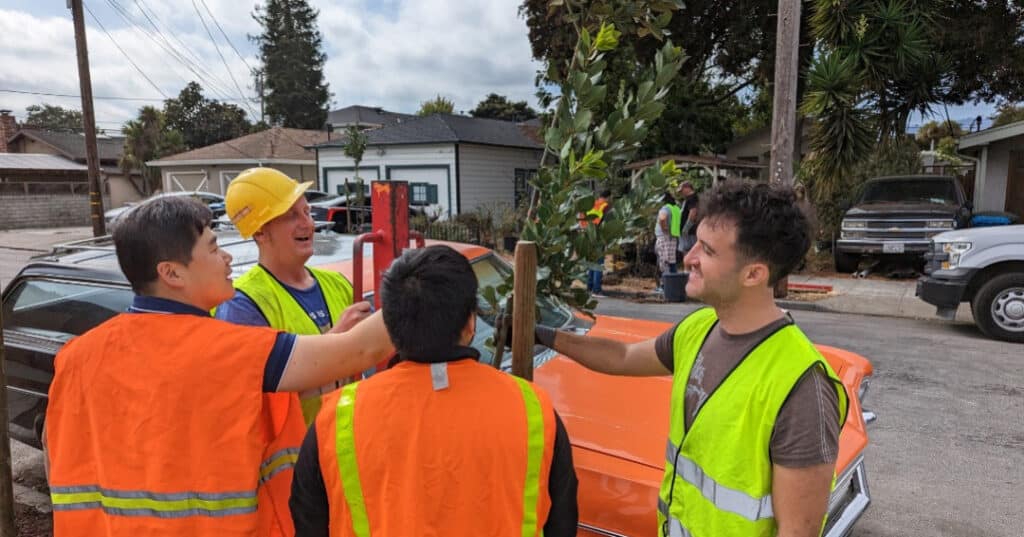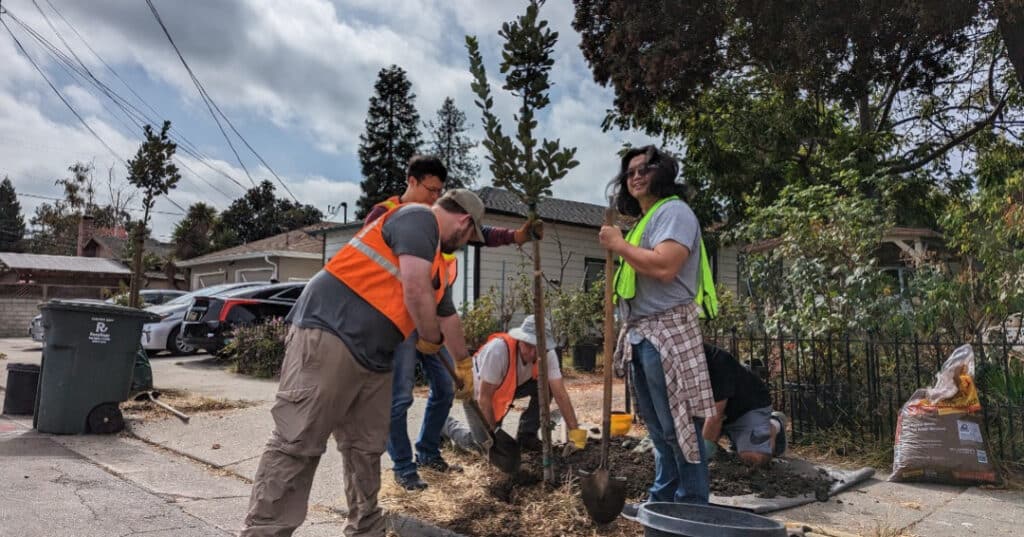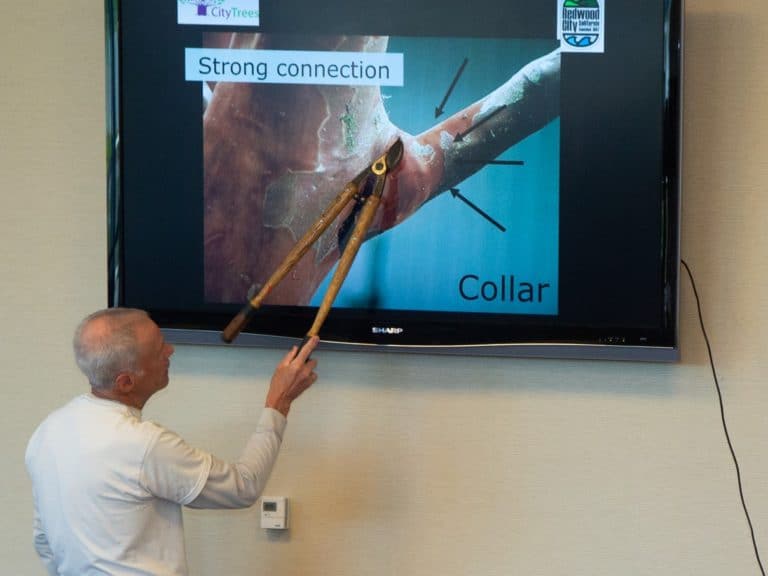Learn About Caring For City Trees


Advantages Of Native Trees
When you plant local trees, you help local wildlife live and thrive. Animals like birds and butterflies look to native plants for food and shelter. When there aren’t enough native trees around, these populations can quickly decline. That’s why native trees are important—they help support our local ecosystems.
There are so many great reasons to plant a native tree. They don’t just benefit the wildlife we share space with. Native trees help humans, too. Here’s how:
- Many insects, birds, and animals depend on native trees for food and shelter. They’ll thank you for planting them!
- Living somewhere with blisteringly cold or awfully hot seasons? Native trees are well-adapted to the local climate, which means they’ll have the best chance at survival.
- While non-native trees might not do well up against local pests, native trees often don’t have as many pest problems.
For more on this topic, see the U.S. Forest Service site.
Facts About Urban Trees
Environmental Benefits
Urban trees contribute $73 billion in community-wide environmental benefits each year:
- $65 billion in carbon sequestration
- $5 billion in air pollution filtration
- $3 billion in stormwater management
Property Values
$31.5 billion added annually to property values across the U.S.
RWC Tree Ordinance
The Redwood City Tree Ordinance can be found here, section 29.63.
CityTrees encourages planting native trees wherever possible and appropriate. The Redwood City Tree List on the City of Redwood City’s website also includes information around each species’ drought and recycled water tolerance.
Pruning Seminars
Part of CityTrees’ mission is to maintain our local street trees in the years after they are planted. We hold a Pruning Workshop once a year (usually in late winter/early spring) to teach participants the art and science behind pruning trees. Volunteers are then eligible to participate in our pruning events to help us keep our local canopy in shape. Please watch our Events calendar in the new year for the date and sign up.

Resources
Books
The Overstory by Richard Powers – a Great American Eco-Novel.
The Nature of Oaks by Douglas W. Tallamy
Conversations with Trees: An Intimate Ecology by Stephanie Kaza